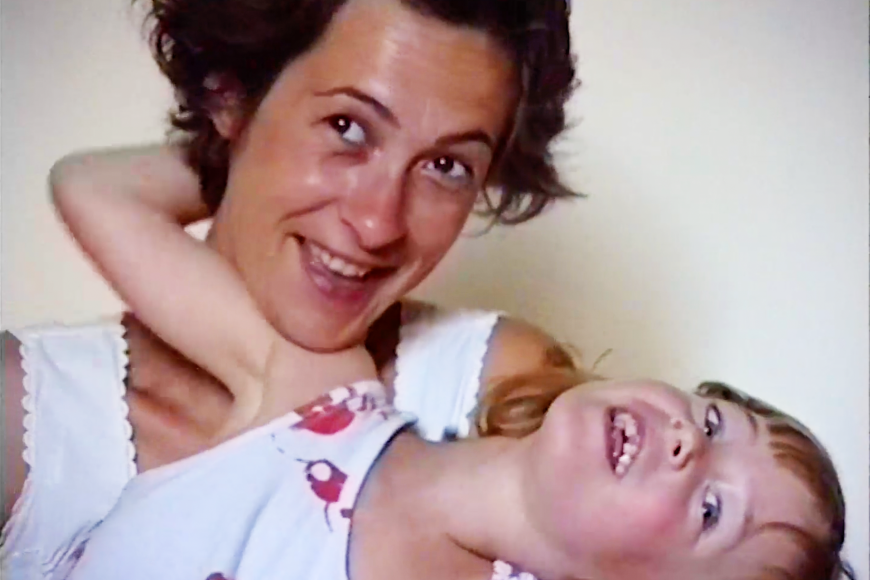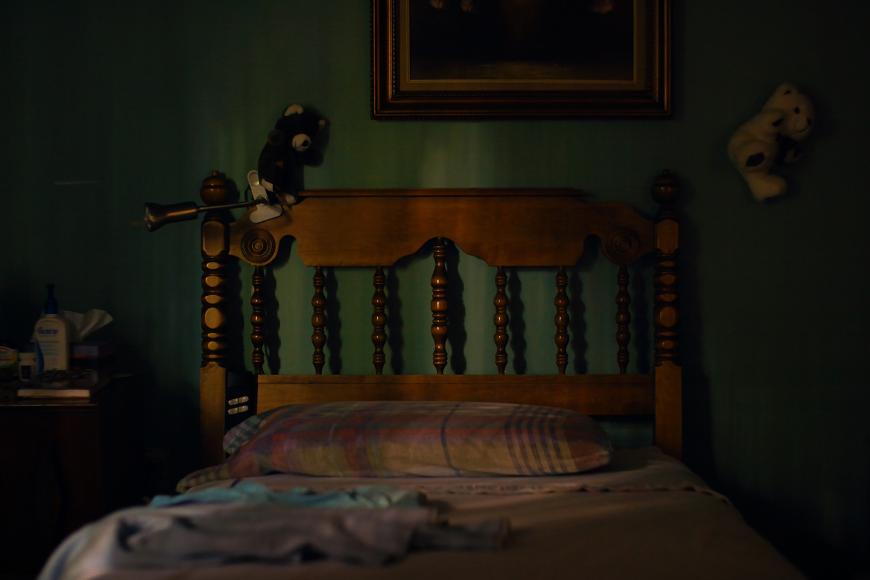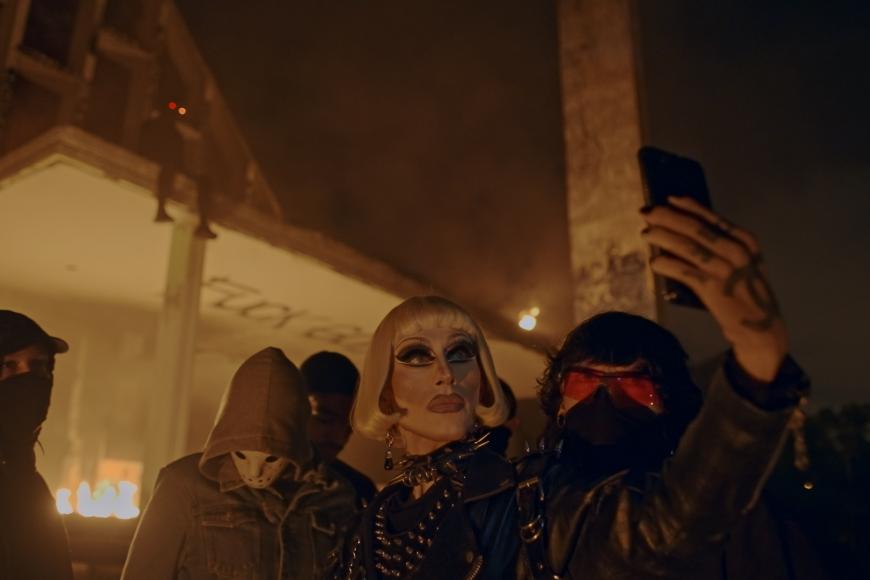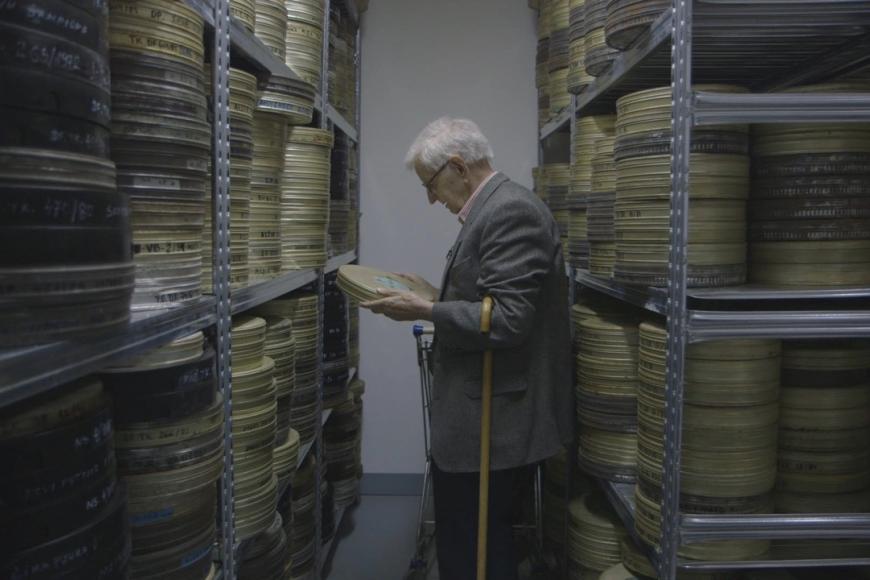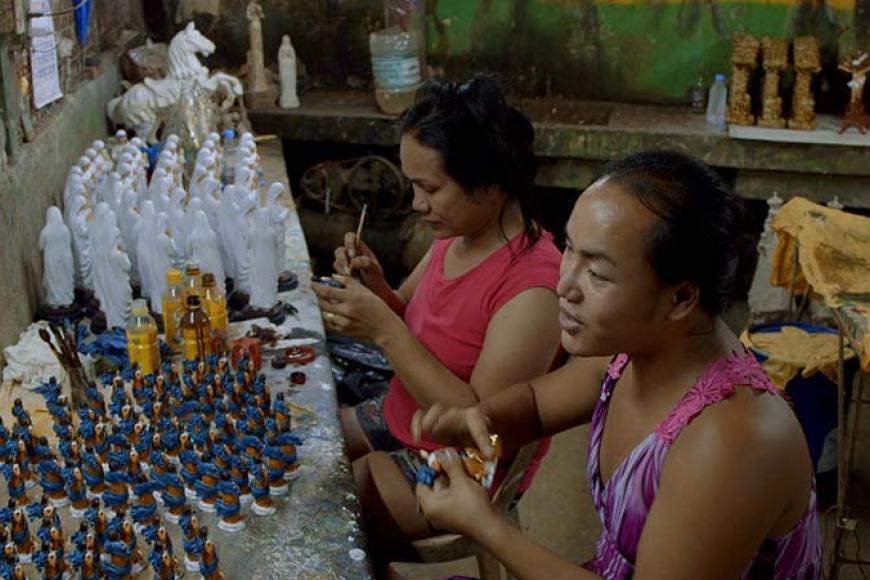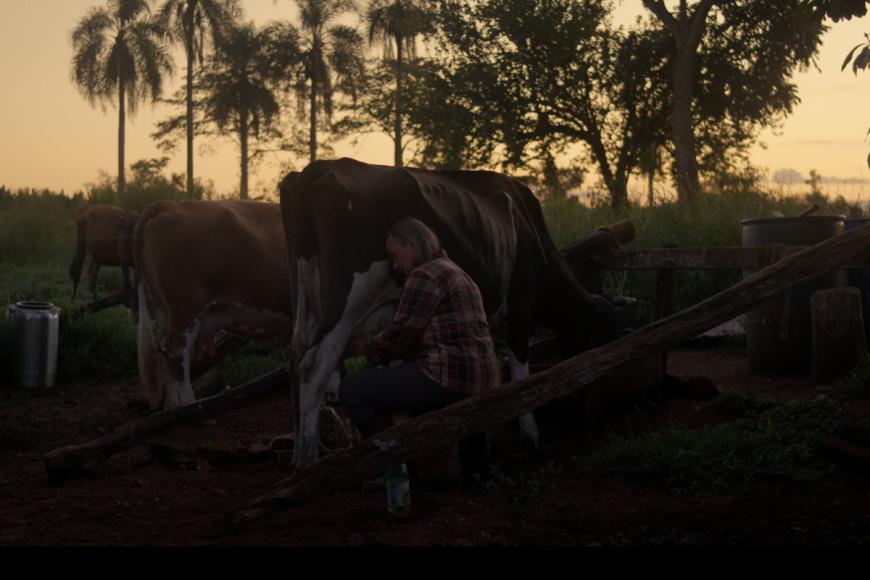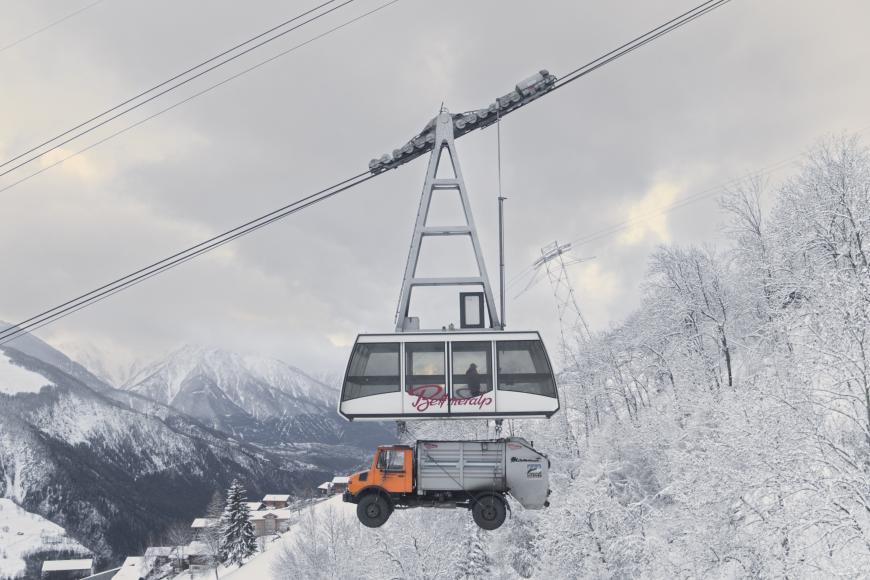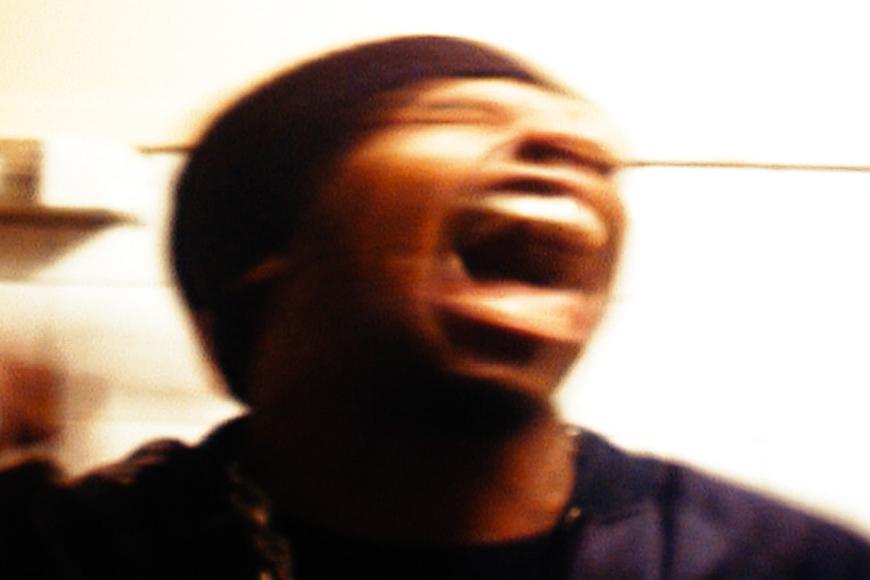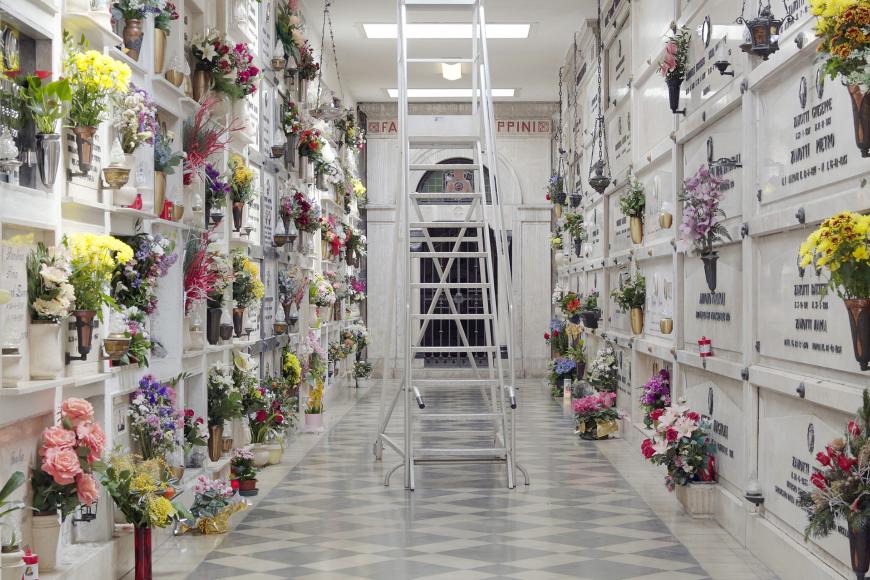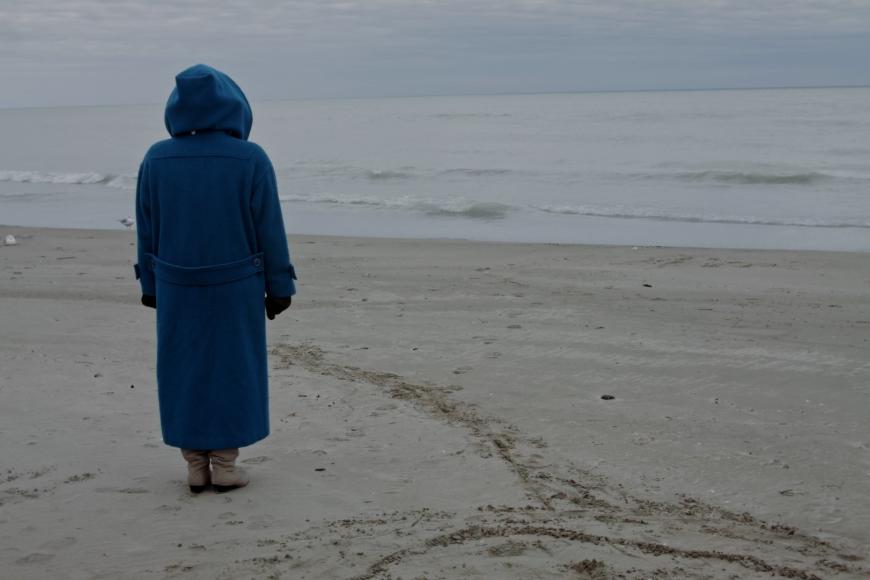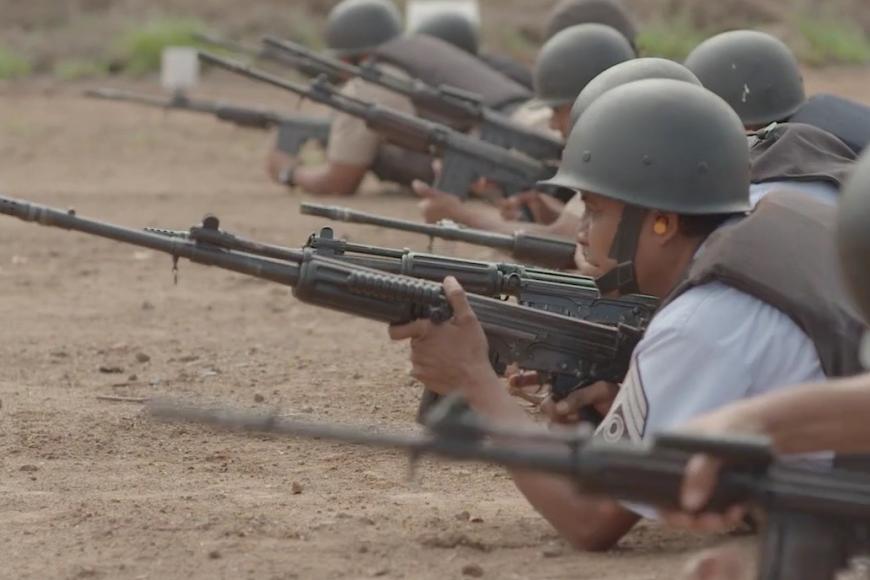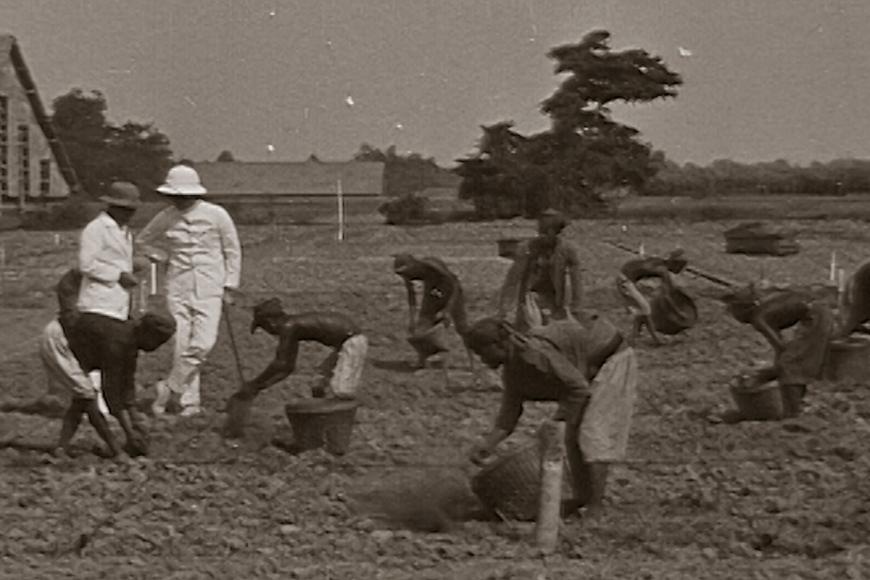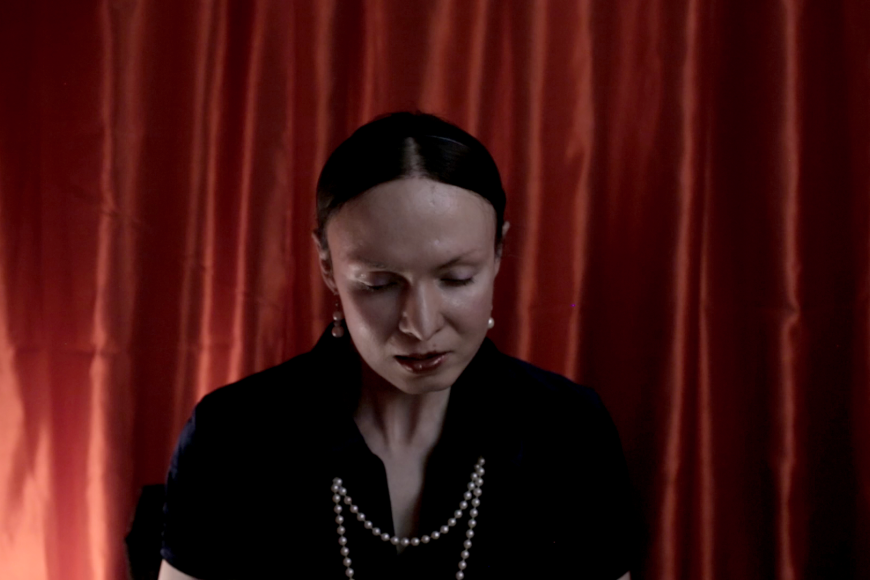
A Hawk as Big as a Horse
A blue wooden house at the edge of the forest, lonely, but not peaceful and quiet. This is where Lydia lives, a transgender ornithologist who presents herself in high heels and a pearl necklace one day, in cargo pants and functional wear the next. Director Sasha Kulak calls her film a documentary fairy tale, and the borders between reality and fiction are blurred indeed, because Lydia loves play, staging, the uncanny – and David Lynch.

